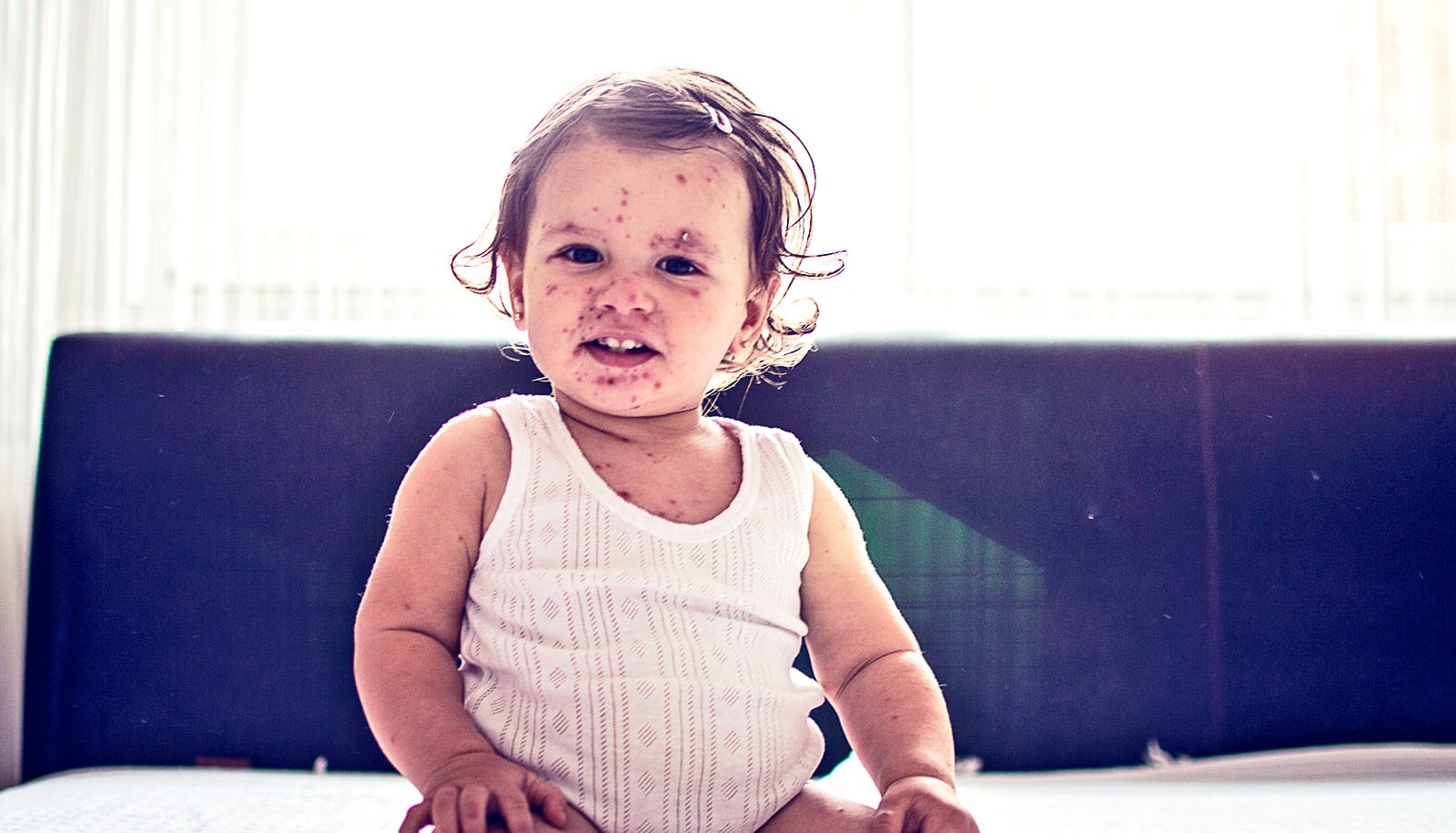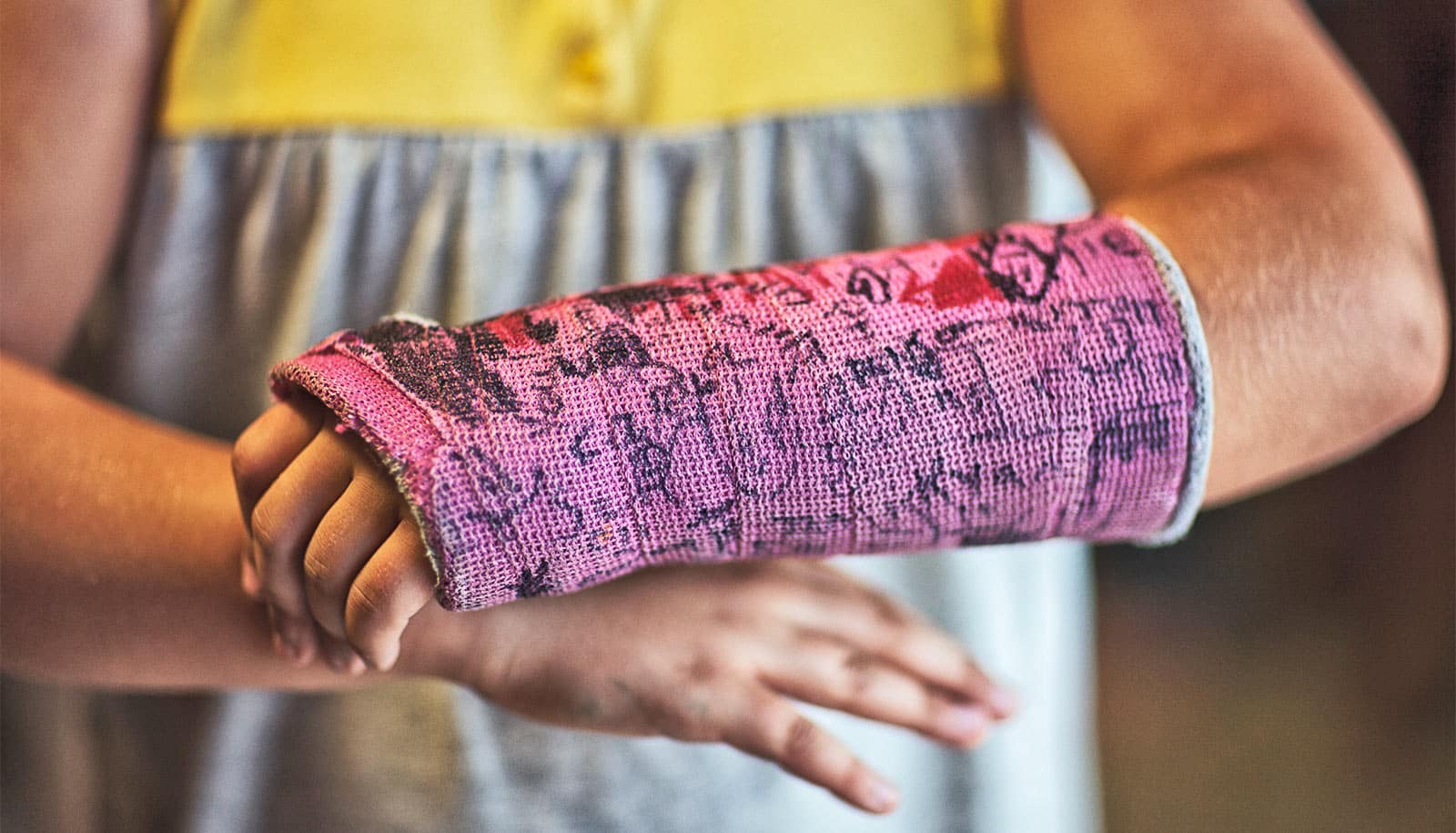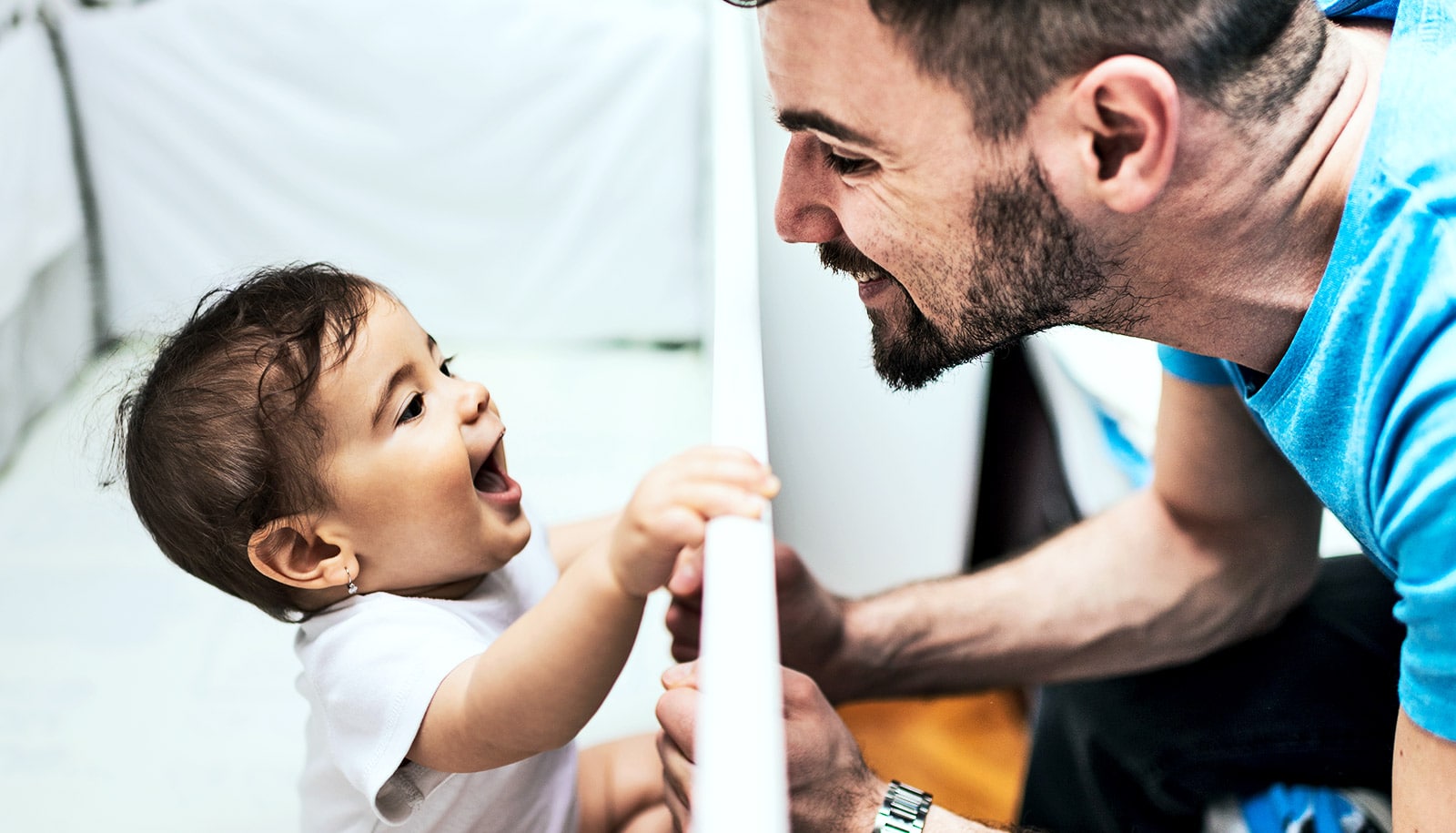In the United Kingdom, 17 percent of parents allow their 13- to 14-year-old children to drink alcohol, according to a new study.
The finding comes from an analysis of data from the University College of London Institute of Education’s ongoing Millennium Cohort Study, which has followed more than 10,000 UK children and their parents since infancy.
“We need to see better guidance offered to parents…and greater awareness of the health harms associated with drinking.”
Researchers Jennifer Maggs, professor of human development at Penn State, and Jeremy Staff, professor of criminology and sociology, identified characteristics of UK parents who allow their children to drink alcohol when they are 13 or 14 years old.
While approximately 1 in 6 parents in the UK reported allowing their children of that age to drink alcohol, parents who were employed, more educated, and who were drinkers themselves were even more likely to allow their children to consume alcohol by the age of 14 years. About 1 in 8 children in the study had reported drinking alcohol before they were 11 years old.
However, researchers discovered no links between teenage or single parenthood, how much or how often parents drank, or the gender of the child and how likely parents were to allow their children to consume alcohol by the age of 14 years.
These findings are of concern, the researchers say, because previous US and international research has linked starting to drink alcohol at a young age with many social and health problems, including school failure, delinquency, injury, and later heavy drinking and substance dependence.
The authors argue that high numbers of parents who allow children to drink before they are 14 years old suggests that health promotion efforts should target parents’ attitudes and practices to minimize such risks.
“Parents of socially advantaged children may believe that occasional or light alcohol use by children is somehow protective. Some parents may believe that allowing children to drink will teach them responsible use or may in fact inoculate them against dangerous drinking. However, there is little research to support these ideas,” says Maggs.
Today’s teens aren’t as into drugs, alcohol, or theft
Commenting on the findings of the report, Katherine Brown, chief executive of the Institute of Alcohol Studies, says: “The American Academy of Pediatrics strongly advises against the use of alcohol by youth, recommending that an alcohol-free childhood is best. This is important guidance because alcohol can harm children given their bodies and brains are not yet fully developed.
“It is worrying to see that this advice may not be getting across to parents, who are trying to do their best to teach their children about alcohol,” Brown says. “We need to see better guidance offered to parents, via social marketing campaigns and training for universal services, and greater awareness of the health harms associated with drinking.”
The researchers report their findings in the Journal of Adolescent Health.
The Economic and Social Research Council in the UK and the National Institute on Alcohol Abuse and Alcoholism in the United States funded the research.
Source: Penn State



